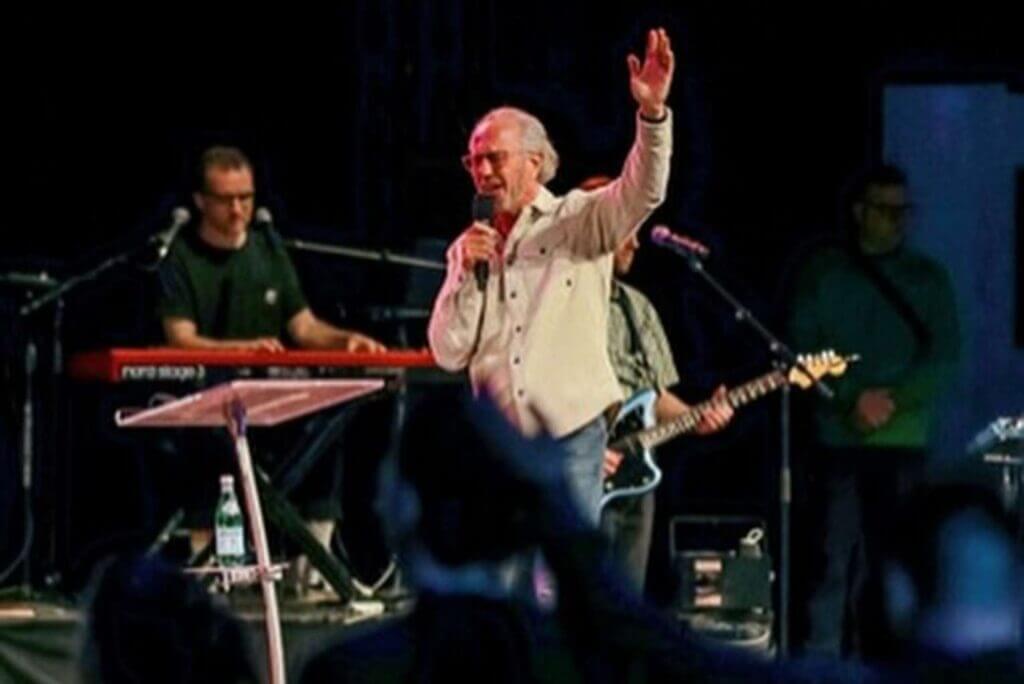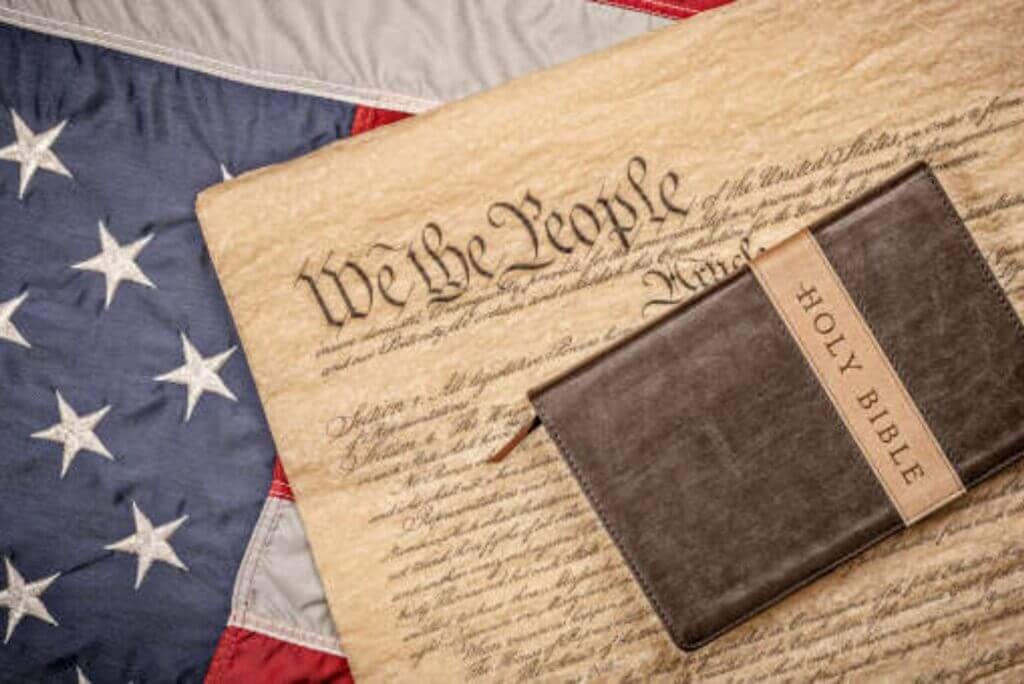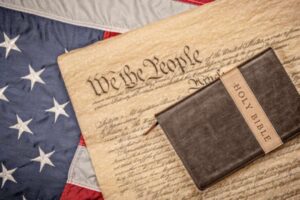More Americans believe that Christian values are at odds with capitalism and the free market than believe they are compatible. Those are the results of a new national survey from PRRI/RNS Religion News.
This pattern also holds among Christians. Among Christians in the U.S., 46% percent believe capitalism and the free market are at odds with Christian values, while only 38 percent believe the two are compatible.
The survey also finds a strong majority (62 percent) saying that one of the biggest problems in the country is that more and more of the wealth is held by just a few people, compared to less than one-in-four (24 percent) who say this is not really a big problem.
“Religious Americans across the spectrum are strongly concerned about increasing wealth inequality in America,” says Dr. Robert P. Jones, CEO of Public Religion Research Institute. “And in the current economic climate, more religious Americans than not see some conflict between Christian values and capitalism.”
The survey also finds that there is some disagreement among religious groups about what issues are most important for religious leaders to address.
“White evangelical Protestants are more likely than Catholics or white mainline Protestants to say that it is very important for clergy to speak out on the issue of abortion,” says Daniel Cox, PRRI research director. “On the other hand, Catholics are more likely to think it’s very important for priests to speak out about the gap between the rich and the poor than about the issue of homosexuality.”
Here’s a snapshot of the findings:
A majority (53 percent) of Democrats believe that capitalism and Christian values are at odds compared to 26 percent who believe they are compatible. Among Republicans, only 37 percent say Christian values and capitalism are at odds, and nearly half (46 percent) say the two are compatible. Among Americans who identify with the Tea Party, a solid majority (56 percent) say that capitalism is consistent with Christian values; only 35 percent believe they are at odds.
More than 6-in-10 (62 percent) Americans believe that one of the biggest problems in this country is that more and more wealth is held by just a few people. There is broad agreement among religious groups. Three-quarters of Democrats and a plurality (47 percent) of Republicans say that one of the biggest problems in the country is that more and more of the wealth is held by just a few people. Americans identifying with the Tea Party are evenly divided on the question of increasing wealth inequality (41 percent not that big a problem, 40 percent one of the biggest problems).
Nearly two-thirds (66 percent) say that it’s fair for wealthier Americans to pay more taxes than the middle class or those less well off. There is agreement across party lines, with 58 percent of Republicans and 75 percent of Democrats agreeing. Those identifying with the Tea Party movement are evenly divided on this question (49 percent agree, 50 percent disagree). Strong majorities of all religious groups except white evangelical Protestants also say it’s fair for wealthier Americans to pay more. White evangelical Protestants are evenly divided on this question (50 percent agree, 49 percent disagree).
Overall most (61 percent) Americans disagree that most businesses would act ethically on their own without regulation from the government. Less than 4-in-10 (37 percent) believe that they would. This holds true across political and religious lines, with the lone exception of those who identify with the Tea Party movement (53 percent agree).
Generally, Americans across the religious landscape agree clergy should be speaking out on social issues, but are more divided about economic issues. Minority Christians stand out as one group that says it is important for clergy to speak out about a range of economic issues in addition to social issues. More religious groups say it is important for clergy to address the gap between the rich and the poor than other economic issues.
Sixty-one percent of minority Christians, 61 percent of Catholics and 51 percent of white evangelical Protestants say this is an important issue for clergy to address. Among those identifying with the Tea Party, more say it is important for clergy to address social issues like abortion (61 percent very important) than economic issues like reducing the deficit (37 percent very important).
See an error in this article?
To contact us or to submit an article




















